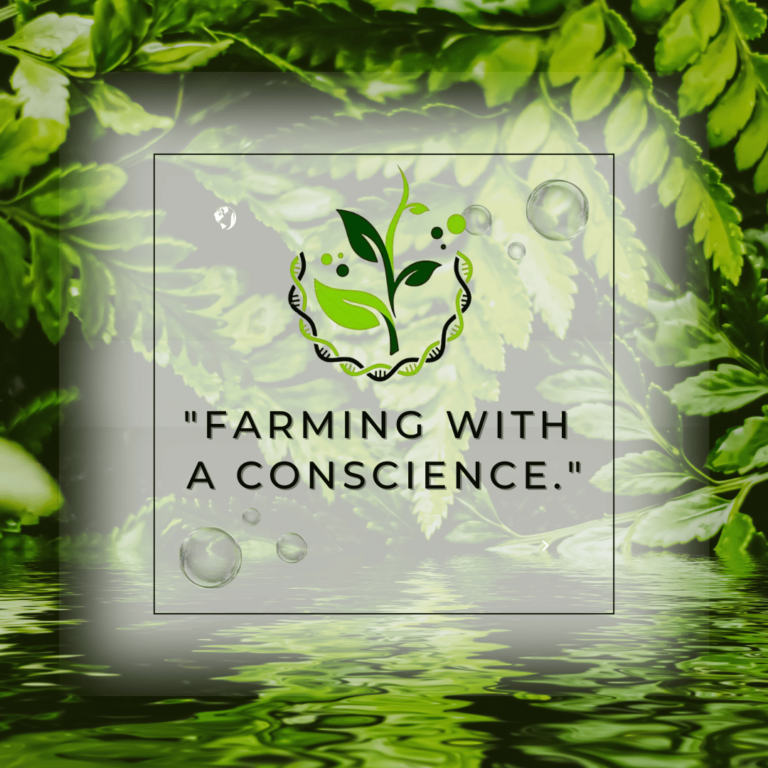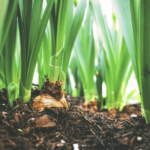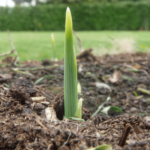Our Service
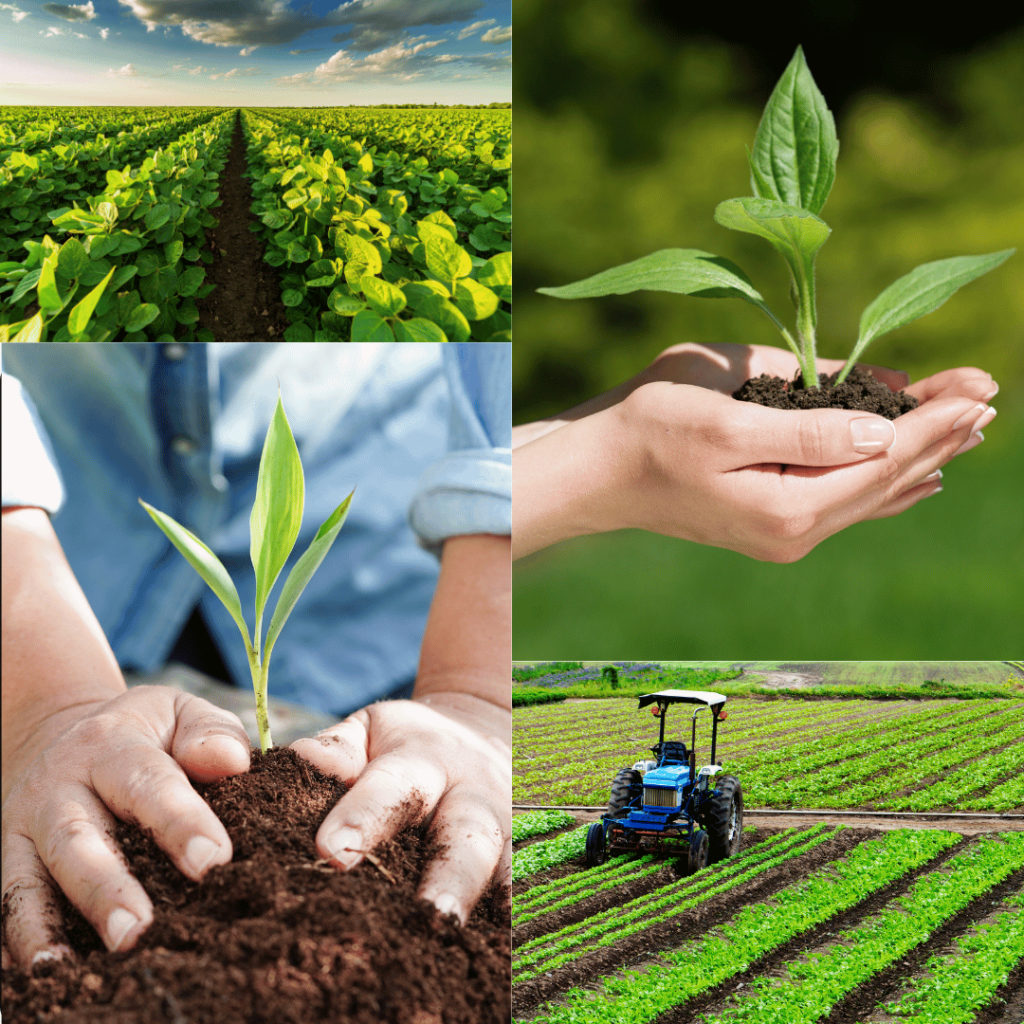
🌿Soil Biology Testing
Testing Methodology: Soil biology tests are useful for evaluating soil health, identifying deficiencies, and measuring the effects of soil management practices. Soil samples are collected from the field and sent to laboratories for detailed analysis 🌱🚜.
🌿 Why Test Your Soil Biology?
Healthy soil is the key to better crops and higher yields. By testing your soil’s biology, you can:
- Understand Soil Health: Identify beneficial microbes essential for plant growth.
- Boost Productivity: Detect nutrient imbalances and apply the right fertilizers.
- Save Money: Avoid overusing fertilizers by knowing what your soil really needs.
- Improve Sustainability: Maintain long-term soil fertility and reduce chemical use.
🌿Soil Testing Benefits:
✅ Improves Crop Yield – Identifies nutrient deficiencies and optimizes fertilization for higher productivity.
✅ Enhances Soil Health – Maintains balanced soil composition, ensuring long-term fertility and sustainability.
✅ Reduces Input Costs – Minimizes unnecessary fertilizer use, lowering farming expenses and maximizing ROI.
✅ Supports Eco-Friendly Farming – Reduces chemical dependency, preventing soil and water contamination.
✅ Optimizes pH Balance – Ensures the right soil pH for better nutrient absorption and plant growth.
✅ Boosts Disease Resistance – Identifies potential soil-borne issues, helping prevent crop diseases naturally.

🌱 Healthy Soil. Thriving Crops. Sustainable Future 🌿
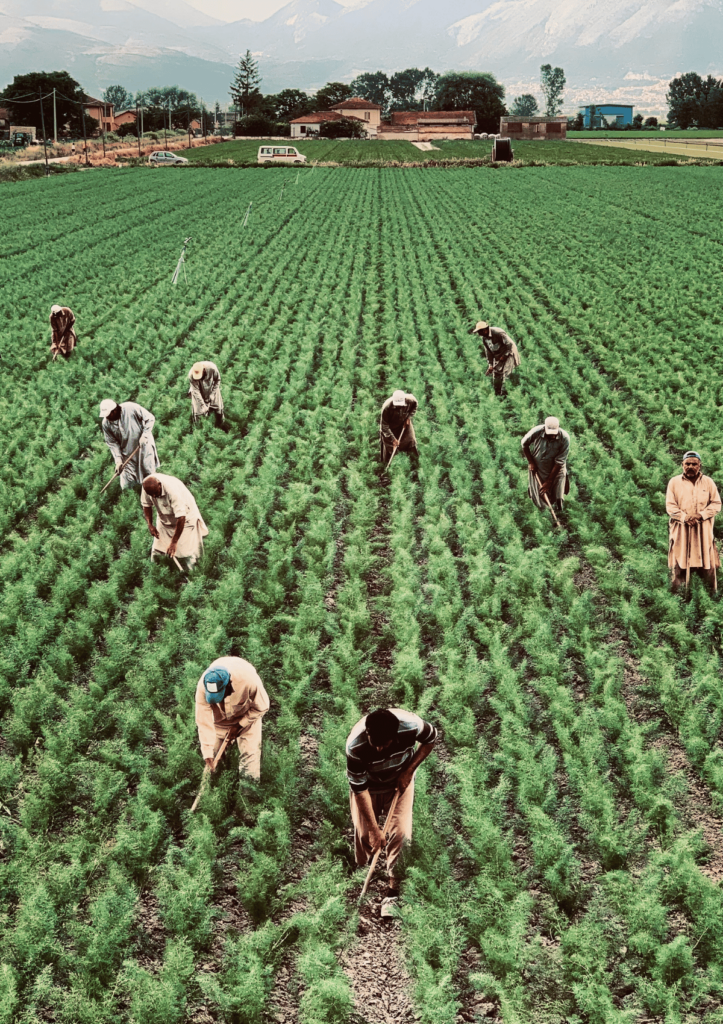
🌿 Why Soil Biology Testing is Essential in Modern Agriculture
1.Understanding Soil Health:Evaluates the biological components of soil, including microbes, fungi, and other organisms, which are crucial for maintaining soil fertility.Identifies imbalances or deficiencies in the soil ecosystem that can impact plant growth.
2.Optimizing Nutrient Cycling:Helps track how effectively soil microbes break down organic matter and release essential nutrients (e.g., nitrogen, phosphorus).Ensures crops have consistent access to the nutrients they need for healthy development.
3.Improving Crop Yields and Quality:Healthy microbial activity enhances root growth, nutrient absorption, and plant resilience.Supports higher yields and better-quality crops while reducing the need for synthetic inputs.
4.Reducing Input Costs:Identifies areas where fertilizers or pesticides are unnecessary, lowering production costs.Promotes natural biological processes that sustain long-term soil productivity.
5.Enhancing Soil Resilience:Improves the soil’s ability to retain moisture and resist erosion.Strengthens resilience against environmental stresses like drought, heavy rainfall, and climate change.
6.Sustainable Farming Practices:Supports regenerative agriculture by fostering biological diversity and reducing chemical dependency.Monitors the long-term impact of farming practices on soil ecosystems.
7.Compliance with Regulations:Helps farmers meet environmental standards and certification requirements for sustainable production.Provides evidence of responsible land stewardship for consumers and regulatory bodies.
🌿Soil Biology Testing in Contemporary Indian Agriculture:Challenges and Neglect
1.Lack of Awareness:Many farmers are unaware of the importance of soil biology and how microbial activity influences soil fertility and crop productivity.Limited outreach and educational programs fail to emphasize the role of biological testing in sustainable farming.
2.Focus on Chemical Inputs:Modern Indian agriculture heavily relies on chemical fertilizers and pesticides to boost yields, often overlooking the biological health of the soil.This approach can degrade soil structure and reduce microbial diversity over time.
3.Limited Access to Testing Facilities:Soil biology testing laboratories are scarce, particularly in rural areas, making it difficult for farmers to access these services.Existing testing programs often focus only on chemical properties (e.g., pH, nitrogen, phosphorus) rather than biological health.
4.Cost and Perceived Complexity:Farmers may perceive biological testing as an additional expense without immediate economic benefits.The complexity of interpreting biological test results discourages widespread adoption.
5.Policy and Institutional Gaps:Government initiatives primarily promote chemical soil testing through programs like the Soil Health Card Scheme, which does not focus on biological assessments.Lack of policy incentives to adopt biological testing further limits its implementation.
Soil testing is a crucial step in Climate-Smart Precision Agriculture, ensuring healthier crops and sustainable farming. At Crop Domain, we leverage advanced agri-biotech solutions to analyze soil health and optimize nutrient management.
🌿 Better Soil. Better Crops. Better Future. 🌱
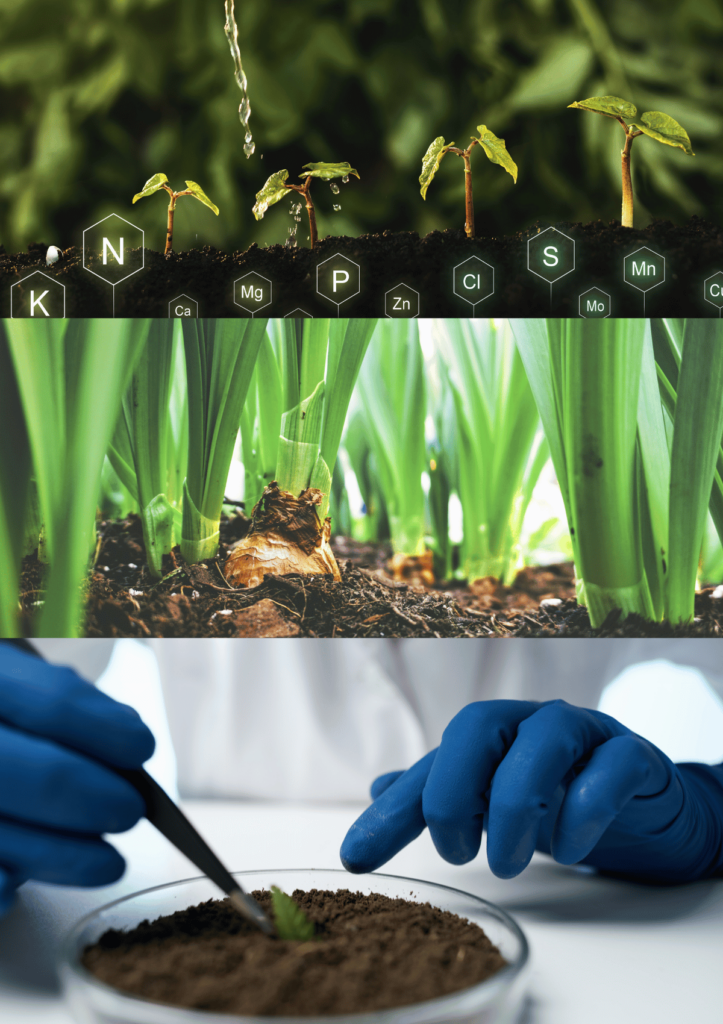
We offer industry-focused training, internships, dissertation projects, mini-projects, and specialized coaching tailored for agriculture, biotechnology, and life science professionals, students, and industry partners—bridging the gap between knowledge and real-world application.
Cutting-Edge Research Areas:
• CRISPR-Cas Genome Editing for precision pest management
• DNA Barcoding & Metagenomics for biodiversity assessment (Insects, Plants, Animals, Fish, and Microbiomes)
• RNA Interference (RNAi) Technology for next-gen pest and disease control
• Synthetic Biology & Biodesign for sustainable agriculture solutions
• Elite Novel Microbes & Microbiome Engineering for climate-smart farming and environmental restoration
• Carbon-Capturing & Methanotrophic Bacteria for greenhouse gas reduction
• AI-Driven Agri-Biotechnology for precision pest and soil health management
• Quantum Biology in Agriculture for enhancing plant resilience and productivity
🌿 SDG Goals Information : Crop Domain's mission aligns with multiple United Nations Sustainable Development Goals (SDGs), particularly those related to agriculture, environmental sustainability, and health. Here are the key SDGs covered:
SDG 2 – Zero Hunger 🌾
By improving crop yields and reducing losses due to pests and diseases, Crop Domain contributes to food security and sustainable agriculture.
SDG 3 – Good Health and Well-being 🏥
By reducing reliance on synthetic pesticides, which can have harmful health effects, the company promotes safer food production and a healthier environment.
SDG 12 – Responsible Consumption and Production ✅
Developing chemical-free biopesticides promotes sustainable agricultural practices that minimize environmental damage and reduce harmful residues in food.
SDG 13 – Climate Action 🌍
Climate-smart agricultural solutions help mitigate the effects of climate change by promoting sustainable farming techniques and reducing harmful emissions.
SDG 15 – Life on Land 🌱
Protecting biodiversity by reducing synthetic pesticide use helps maintain healthy ecosystems and supports soil and plant health.
By integrating nature-based solutions, Crop Domain is actively contributing to a more sustainable, resilient, and eco-friendly agricultural future. 🌿🚀
